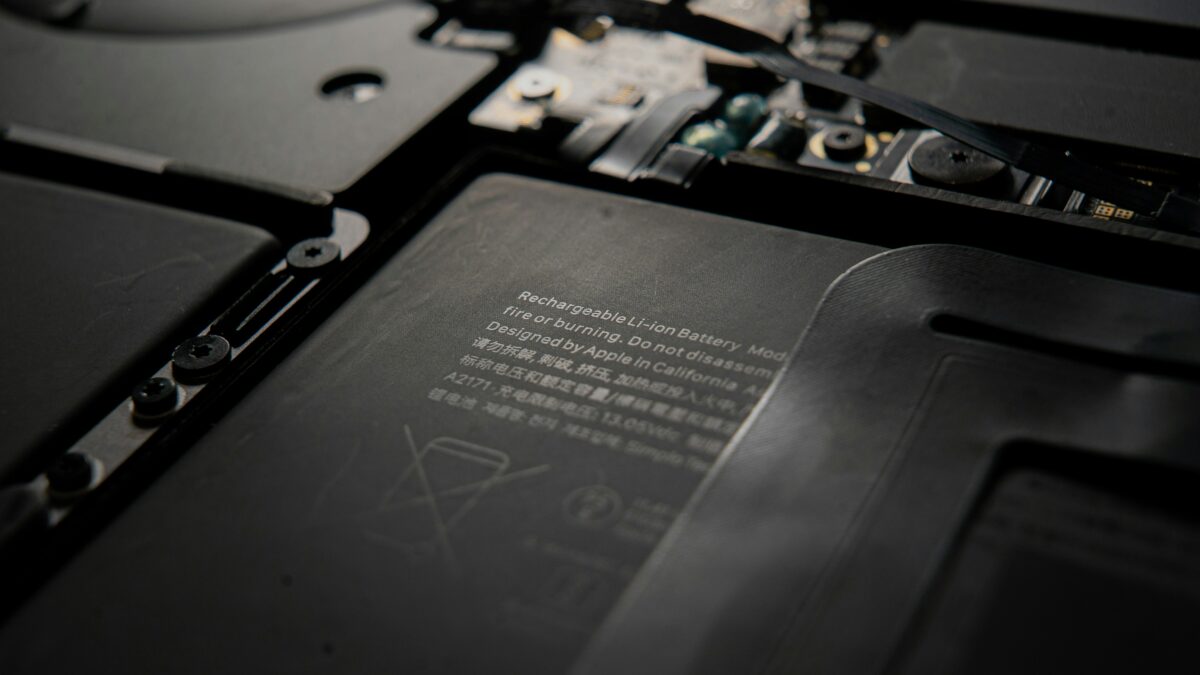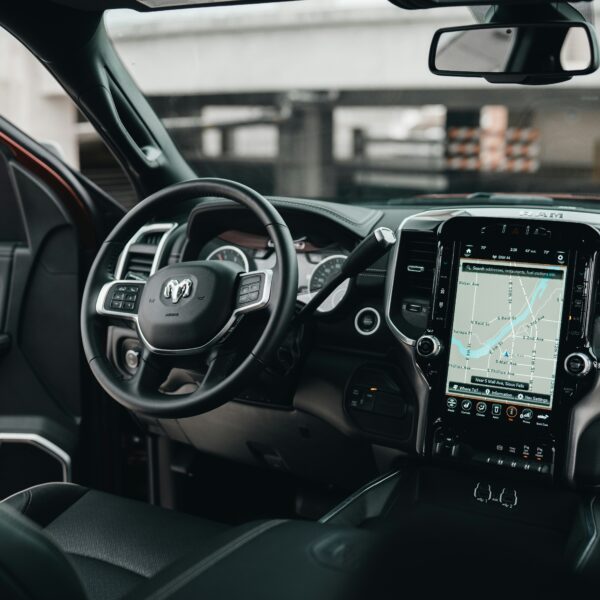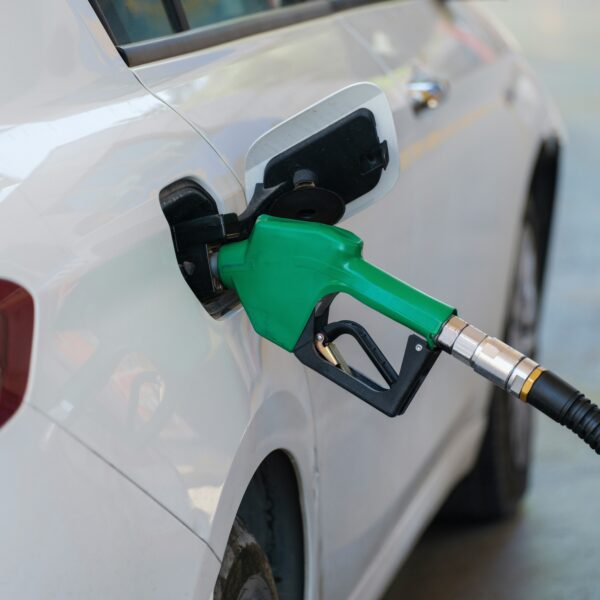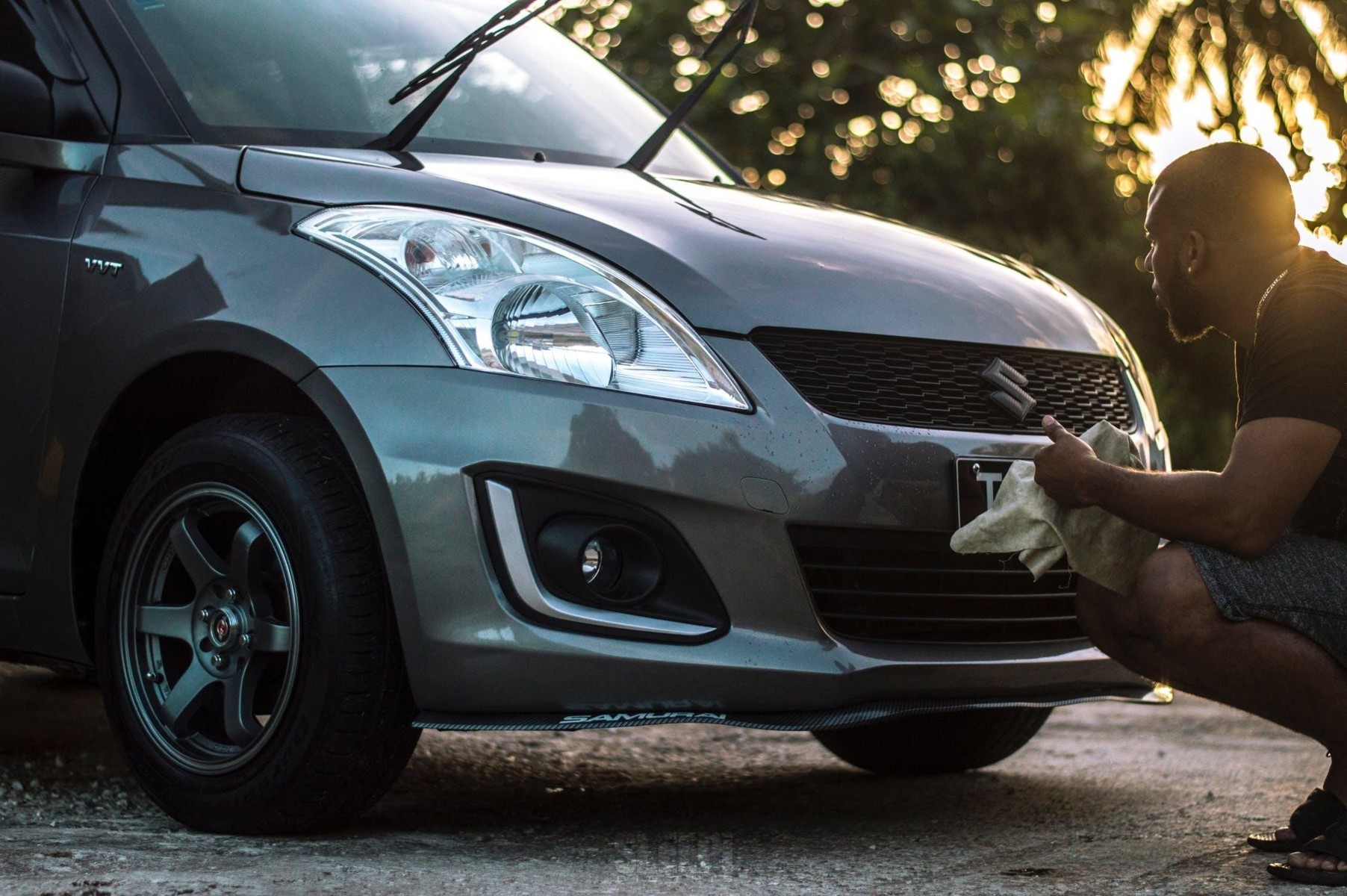Pros & Cons of Buying a Pre-Owned Vehicle
So, you want to save money on your next car purchase and you’ve heard all about the benefits and potential horrors of purchasing a used car. If you’re like most, you’re probably curious about the pros and cons of buying a pre-owned vehicle. You’ve probably heard that a new car decreases in value the moment it’s driven off the lot, and in most cases it’s absolutely true and the reason so many drivers resort to purchasing a pre-owned vehicle instead.
Buying a used car can save you thousands of dollars, but there are a handful of risks to look out for before purchasing a used car. Below, are the pros and cons of used car buying, and some beneficial tips to keep in mind during your next car search.
The Benefits of Buying a Used Car
Car buyers who aren’t interested in a brand new vehicle have two options when choosing a used car. First, they can search their local newspaper or online classifieds for a car sold by a private owner; and second, they can work through a car dealership to purchase a used, or certified pre-owned vehicle with the assistance of a sales expert.
Whichever you decide, you benefit by paying less money upfront while potentially having lower monthly car payments.
Buying a Car from a Private Seller
- The price paid for a privately sold used car varies depending on the mileage and functional quality of the car. Obviously, you want to steer away from buying someone else’s problems, and buyers should learn as much as possible about the vehicle before finalizing a deal. If you come across a used car seller who has taken great care of the vehicle, you will notice that everything from the engine to the interior and exterior of the car is in pristine condition and fully functional.
- Private sellers are usually easier to negotiate with and more or so often less pushy when it comes to the sale. However, finding used car deals throughout the year at your local used car dealership is an easy way to align yourself with a vehicle that’s ready to go the distance.
- If you do buy a used car directly from the owner, in most cases you will have to sell your current car on your own. This can be difficult for some, but more than often you will receive more cash for your old car by selling it yourself than you would if you trade it in at the dealership.
Buying a Used Car from a Dealer
- Choosing a used car from a dealership has its perks, but keep in mind you will most likely pay extra when it comes to handling fees, dealer costs, interest rates, and trade-in fees. By choosing a certified used car, drivers also have the opportunity to take home warranty benefits like 24/7 roadside assistance and extended engine warranties. This is great if you’re searching for confidence in a used car while having the peace of mind of a warranty.
- Used car dealerships should provide buyers with the full background report on the vehicle. The background information of your chosen used car is extremely important to study before making your final decision. Knowing about the previous service histories and accident reports is a must before signing any documents because there is nothing worse than taking over some one else’s car issues.
- Another benefit of buying from a dealership, is the service technicians in most cases inspect and recondition the car before the dealer manager adds a price tag. This may not be the case when buying from a private seller, and depending on the condition of the car, you may have to pay for updated parts and services after the purchase.
- Trading your current vehicle in to a dealer is a great way to let go of your vehicle while having a down payment on your future car purchase. However, depending on the dealership that takes your trade, you may be able to get more money if you sell the car on your own. Dealerships must make a profit off their cars, and they will usually try to get your trade-in price as low as possible to benefit their pockets.
The Downside of Buying a Used Car
Though buying a used car can save you money on more important things like mortgage payments, concert tickets, or your future child’s college tuition, there are a couple of pitfalls to consider before sealing the deal on a used car.
- The new-car feel and new-car smell are sacrificed upon purchase. Not a major deal-breaker, but you will not be the driver to break in your new ride. Well-maintained and clean vehicles, however, may feel and appear just as new as they did when the came off the factory line. Quality and cleanliness really depends on the previous owner, but if saving money is your game, many will not mind a car with a little wear and tear.
- Not all used vehicles will perform the way you expect them to. As discussed earlier, it’s essential to find a car that is operating at optimal levels of functionality before you decide to drive it home. It’s possible you may end up buying a used car with faulty or old parts depending on the year, make, and model of the car. But if the seller allows it, buyers should make every attempt to have a trained mechanic look at the used car beforehand to see if there are any major engine or undercarriage issues.
What to Consider Before Purchasing a Pre-Owned Car
Below are the top tips for buying a used car and what to look out for before writing the owner or dealership a check.
- Know what type of car you’re after and your weekly gas consumption. Realizing the fuel mileage accumulated throughout your monthly travels is a must if you don’t want to end up paying hand over fist at the fuel pump. Buying a gas-guzzling truck or SUV can, and will burn a hole through your pocket if you’re not financially prepared. Be sure you know the amount you typically spend on fuel weekly so you don’t go over budget.
- Test drive the vehicle first. Get a solid feel for the sedan, truck or SUV you’re going to drive for the next couple of years and surely ask about the details and features from the salesperson. If you feel anything rumble, rattle, or shake during your test drive, bring attention to the issue and see if it is something the seller is willing to fix.
- Scout a used car with low mileage on the odometer. The lower the mileage, the less time it’s been on the road. Not to say a vehicle with high mileage, above 80k, or 100k isn’t going to cut it for your daily commute, but if you want the most out of your used car purchase while sticking to a budget, try to find a low-mileage vehicle under the 60-70k mile range.
- We’ve already said it once, and we’re saying it once more. Ask the seller for the background report. Whether you purchase through a dealership or a private seller, ask for the CarFax, AutoCheck, or any other auto service history report that’s available. This allows you to view any previous accidents, modifications, or major repairs done to the vehicle which may alter the price and enable you to bargain for a better car deal.
- Do your research! Study the auto market and all the updated consumer reports on your intended used car before you set out for a test drive. Browsing used cars isn’t always a thrill, but if you’re patient and willing, overtime you will come across the perfect match and it’s wise to be financially ready when you do. Search, research, and dig deep into all the details. Scope out everything until you have the facts and data to bring forth to your next test drive.
Shop for a Used Car Wisely
Before you start shopping, know the type of vehicle you can afford and your monthly commuting expenditures. Calculate a used car buying budget and learn all the details on your prospective vehicle’s value before you start scheduling test drives. By doing so, you will save time and eliminate much of the stress involved in buying a car that is right for you.















